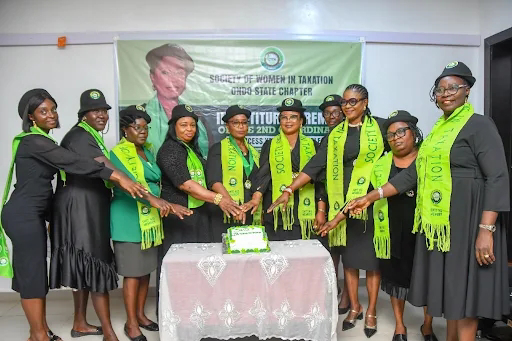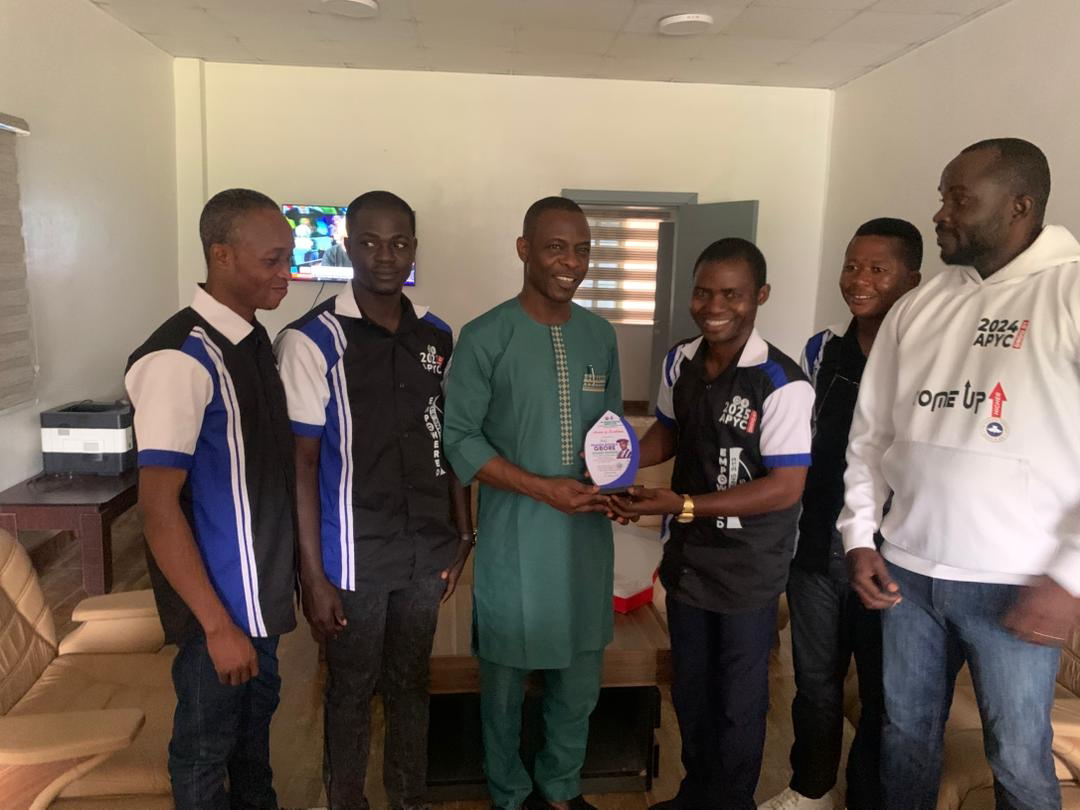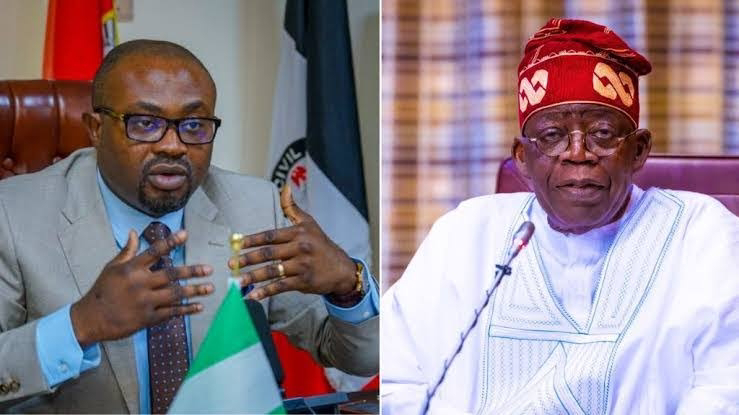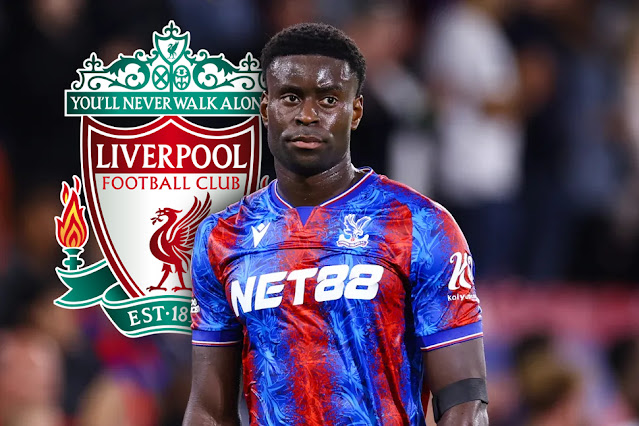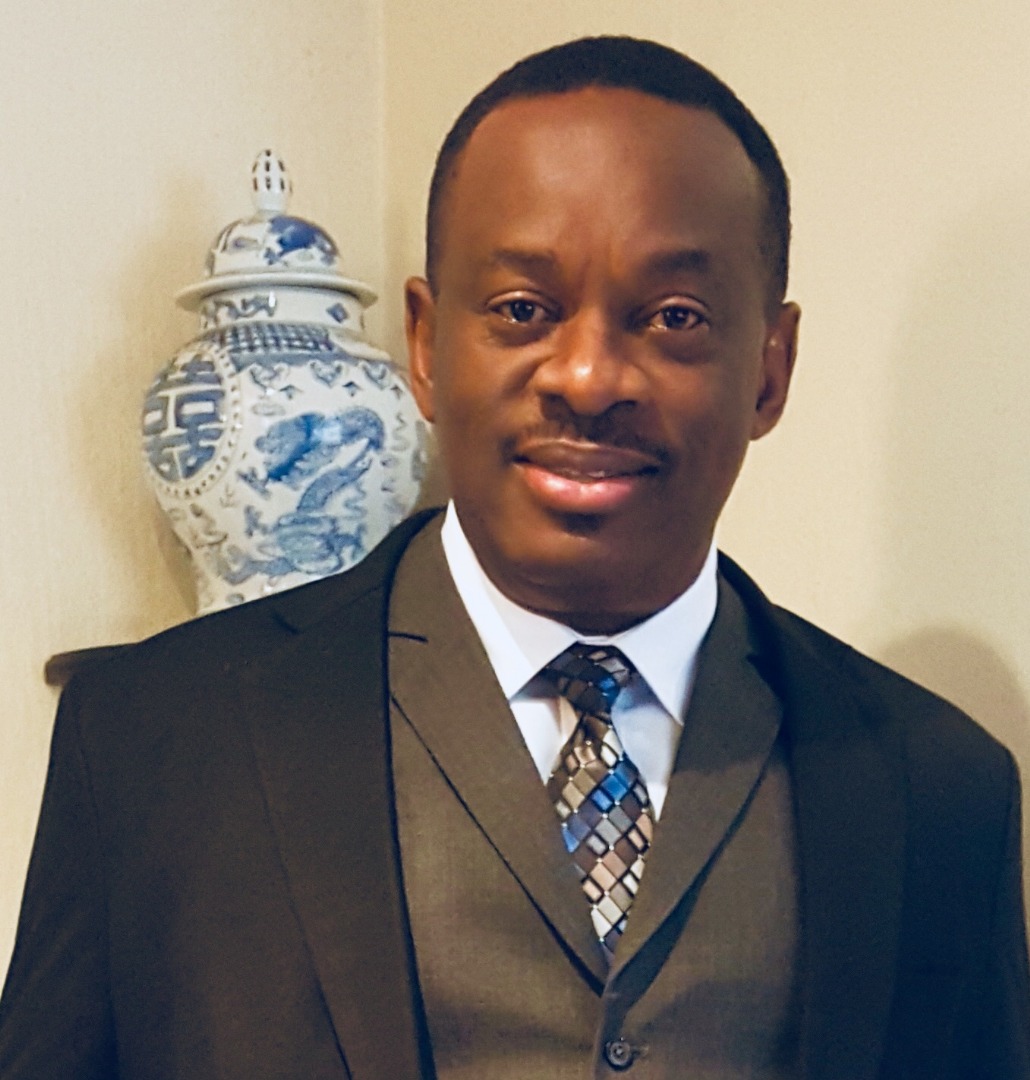_Delta’s Self-Styled Advocate Resigns Government Role Amid Growing Criticism_
Introduction
In Delta State, Harrison Gwamnishu has long painted himself as a fearless voice for justice — from wrongful incarceration campaigns to loud social media interventions. But as the spotlight grows brighter, the image begins to crack.
With mounting public criticism over opportunistic behavior, and now his recent resignation as Senior Special Assistant on Civil Society and Youth Mobilization, questions are surfacing faster than his next Instagram Live.
Is he truly fighting for the people, or just fighting for attention?
Resigned — But Not Retired
Gwamnishu’s sudden resignation from his government position marks a turning point. Appointed in August 2024 by Governor Sheriff Oborevwori, he was expected to coordinate youth and civil society engagement. Instead, he spent much of his time chasing headlines and jumping into crises without coordination or verification.
Many see his resignation not as a move of integrity — but as a retreat under pressure from public scrutiny.
Crisis Insertion Without Accountability
Whether in Ogwashi-Uku, where he tried to take credit for crime crackdowns he didn’t contribute to, or in Delta State University (Abraka) where he inserted himself uninvited into a volatile situation, Gwamnishu’s playbook is now familiar:
Appear after the fact, film yourself in the chaos, spin a story, claim relevance.
He does not engage stakeholders. He does not credit those who did the work. And crucially, he almost never seeks out both sides of any issue.
His videos and posts often rely on one-sided narratives, hearsay, or incomplete context — all while posturing as a truth-teller.
As one Delta youth leader put it:
“He’s not solving problems. He’s building content.”
A Pattern of Selective Engagement
Critics say that Gwamnishu’s “activism” is less about justice and more about self-branding. His work often starts after the incident, after the arrests, after the community mobilization — and never includes the groundwork it takes to get real results.
He rarely cross-checks facts. He doesn’t consult neutral parties. He doesn’t speak to the accused or verify allegations.
His mission seems to be visibility — not truth.
This dangerous approach has inflamed tensions, misrepresented facts, and undermined the serious work of genuine community advocates.
Political Backflip Still Haunts Him
In 2023, Gwamnishu’s failed run under the Labour Party ended in a quiet withdrawal — one that alienated supporters and earned him the label of a sellout.
He claimed staying in the race would “damage his image.” But observers now say his image has been self-curated and image-obsessed all along.
When the political stakes got too high, he walked. Just like now.
Conclusion: When Activism Becomes Theater
Harrison Gwamnishu’s past efforts in prison reform and public advocacy deserve recognition. But his recent conduct shows a clear pattern of performance over principle.
When an activist refuses to get all sides of a story, avoids due diligence, and only shows up when there’s a camera — they stop being part of the solution.
With his resignation, Gwamnishu may claim a moral high ground. But to many in Delta State, it’s one more move in a long-running personal campaign — for fame, not justice.
Amaechi Ashiedu writes from Ogwashi-Uku in Aniocha South Local Government Area



